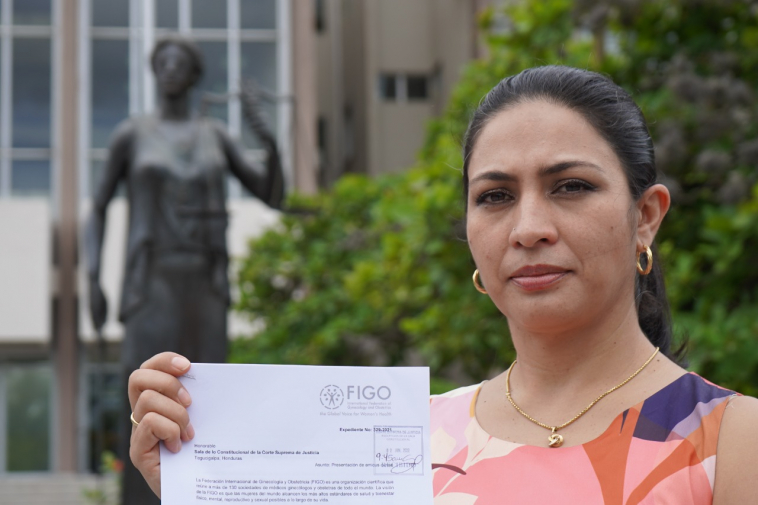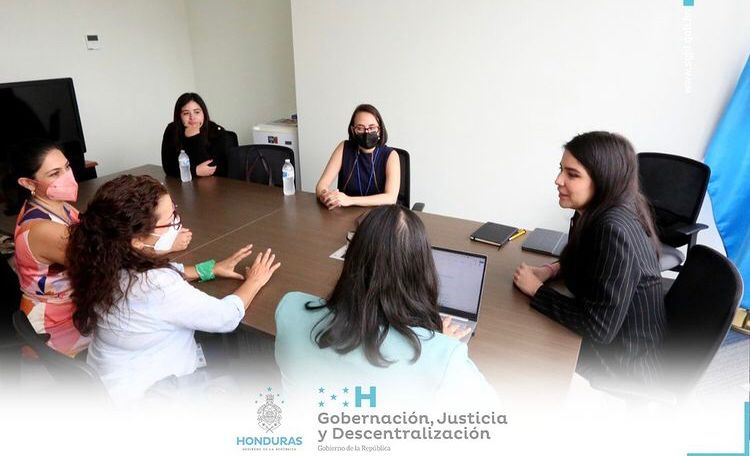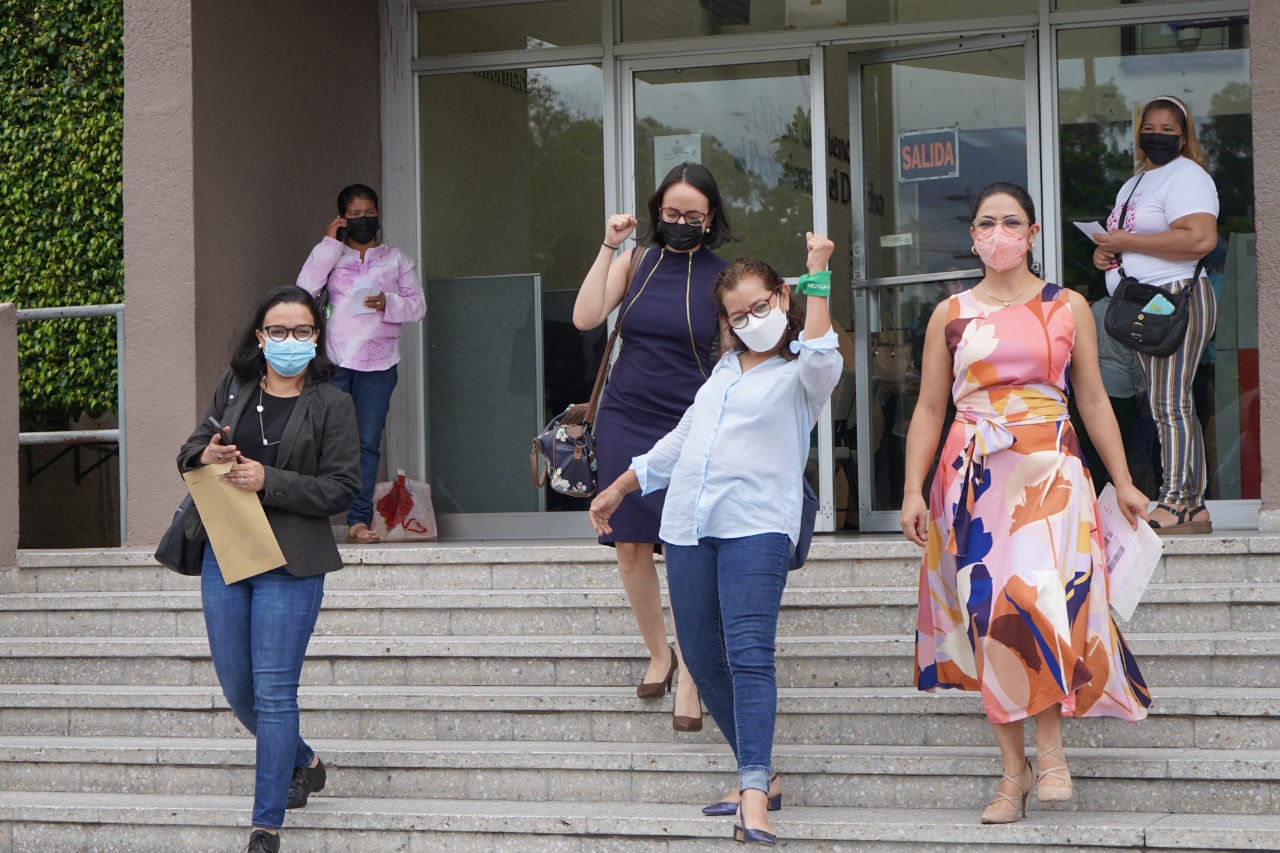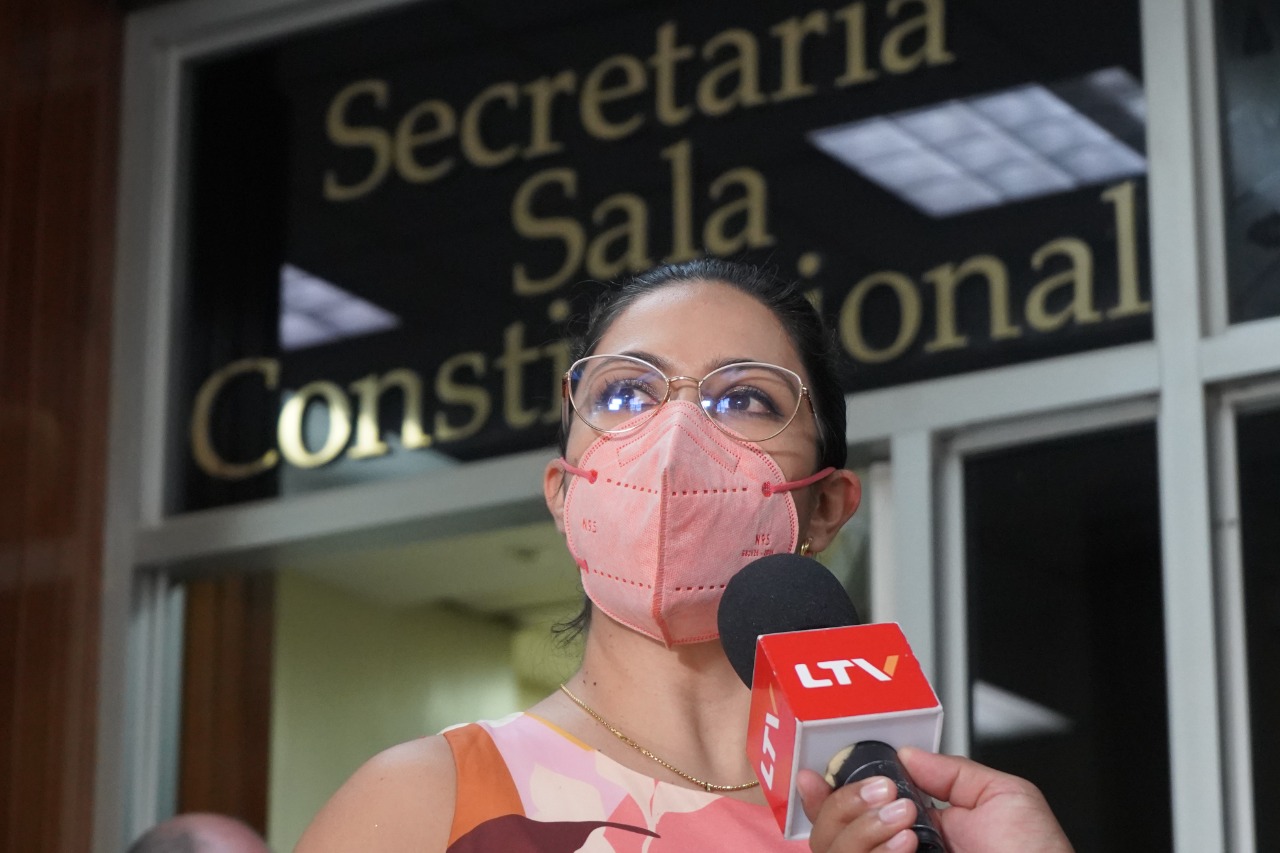FIGO advocates for the decriminalisation of abortion in cases of risk to the life or health of women and girls in Honduras

Honduras is one of the few countries in the world that still has a total ban on abortion. This ban has been further intensified by the introduction of a constitutional reform that seeks to prevent any type of decriminalisation in the future.
Currently, women and girls in Honduras live under a serious threat. If they decide to have an abortion, they must do so clandestinely and often unsafely – even if they have been raped or motherhood poses a risk to their life – and they risk going to jail for up to 10 years.
Using scientific evidence to support local advocacy efforts
The “Somos Muchas” (We are many) movement, a collective of women's organisations, is advocating for the decriminalisation of abortion on the grounds of health, life and foetal malformation with a campaign called “Una corte justa” (A fair court).
Part of the campaign’s strategy was the filing of an unconstitutional lawsuit, for which FIGO provided an Amicus Curiae signed by FIGO President Dr Jeanne Conry.
On 2 June 2022, Dr Laura Gil, Vice Chair of FIGO’s Committee on Safe Abortion, represented FIGO at the Honduran Constitutional Court to present the Amicus Curiae with scientific evidence in favour of the decriminalisation of abortion in cases of risk to the life or health of women and girls. She also took part in press actions on radio and television to raise awareness of the campaign, and attended a meeting with the Deputy Minister of Justice to discuss the importance of supporting this initiative to decriminalise abortion.

The dangers of criminalisation for women, girls and health care professionals
In the scientific evidence presented to the Court, FIGO highlighted that the criminalisation of abortion does not result in fewer abortions. In fact, it only makes abortions unsafe for women and girls who seek abortion care regardless of its legal status.
FIGO highlighted that the decision to continue a pregnancy, especially when it entails a risk to the life or health of the woman or when the foetus suffers from lethal malformations, must only be made by the pregnant person. Furthermore, it is the responsibility of states and their health systems to ensure the provision of safe health services.
The protection of human life from conception must be ensured by effective means that are compatible with people’s fundamental rights. The criminalisation of abortion is not one of them, since it does not reduce the number of abortions and it endangers the lives of many women and girls, especially those who are most vulnerable.
As an OBGYN, I consider it my ethical and moral duty to protect women and girls and to provide the compassionate, equitable care they deserve and that every society and state must guarantee.
– Dr Laura Gil, Vice Chair of FIGO’s Committee on Safe Abortion

In addition, FIGO put forward that the current legislation puts an unacceptable pressure on health care professionals in Honduras. The law prohibits them from ending a pregnancy even if it endangers a patient’s life, forcing them to leave patients at the mercy of unsafe abortion, knowing the harm it will cause.
Criminalisation prevents health care providers from offering the best possible care to their patients, it instils fear of providing post-abortion care, and forces providers to break medical confidentiality when faced with the dilemma of reporting abortion cases.

In its Amicus Curiae, FIGO has asked the Honduran state to review the constitutionality of the abortion ban. It has urged those in power to recognise and guarantee abortion as essential and time-sensitive health care, in accordance with human rights recommendations and scientific evidence.
Related FIGO statements
FIGO’s global statement to decriminalise abortion: www.figo.org/resources/figo-statements/figo-calls-total-decriminalisation-safe-abortion
All of FIGO's statements on safe abortion: https://figo.ooo/abortion-statements